In today’s risk-laden business landscape, security is no longer viewed as a burdensome expense but as a strategic investment. From safeguarding physical assets to ensuring business continuity, a well-implemented security program helps protect organizations from costly disruptions and strengthens their resilience. Companies that proactively align their security strategies with potential risks gain an edge, providing clients and partners with the confidence that they are prepared to handle unexpected challenges. But can a company save on costs while strengthening security and risk management?
Here are key areas where proactive security measures not only enhance resilience but also reduce costs:
Mitigating Insider Threats
Insider threats—from theft and negligence to accidental mishandling of sensitive information—pose unique challenges because they come from within trusted circles, such as employees, contractors, or partners. Establishing clear access controls, conducting regular audits, and fostering a secure workplace culture help reduce these risks. Such measures protect both physical and intellectual assets, reassuring clients and stakeholders of the organization’s commitment to safeguarding its resources.
A 2023 internal theft at the British Museum, involving artifacts worth millions, highlighted the importance of strong internal security protocols, even in long-established institutions. By addressing insider threats proactively, companies can prevent costly breaches and protect their assets from within.
Securing Business Travel
As businesses expand globally, employee travel has become integral to corporate operations. Traveling staff often carry vital assets such as devices containing sensitive data, or physical materials related to projects. These assets become more vulnerable when employees are away from in-house security protections. Companies can mitigate this risk by establishing clear travel security protocols, providing training, and enforcing strict guidelines on the handling of sensitive information.
For instance, a Volkswagen engineer’s stolen laptop, which held confidential data on prototypes, underscored the need for robust travel security. Implementing travel protocols and training not only protects sensitive information but also prevents financial loss and protects intellectual property, reducing potential liabilities for the organisation.
Crisis Management and Business Continuity
Disruptive events—natural disasters, equipment failures, or other crises—can halt operations, damaging assets and impacting financial stability. A comprehensive crisis management and continuity plan enables organizations to respond swiftly, minimizing operational downtime and reputational impact. Effective planning includes preparing backup systems, designating decision-makers, and establishing clear communication channels.
In 2018, when Southwest Airlines faced an engine failure incident, the company’s quick response and transparent communication showcased a strong crisis response plan, helping the airline mitigate financial and reputational damage. With an organized response strategy, companies can avoid prolonged operational disruptions, ensuring business continuity while minimizing financial loss.
Engaging a Security Professional for Strategic Oversight
Companies frequently face pressure to invest in extensive security solutions and hardware, often suggested by vendors aiming to maximize sales. However, relying solely on vendor recommendations can lead to unnecessary costs. By engaging an independent security professional to oversee security projects and spending, organizations can avoid excessive or redundant investments. A security advisor offers objective oversight, ensuring that investments are necessary, effective, and aligned with real risks rather than sales-driven recommendations. This balanced approach to security spending delivers the right level of protection without unnecessary expenses, ensuring the organisation’s resources are used efficiently and effectively.
Conclusion
By viewing security as a strategic asset, organisations can protect themselves against costly disruptions and enhance operational resilience. Through targeted, proactive security measures, companies not only reduce incident frequency and recovery costs but also strengthen their position in a competitive landscape. With a thoughtful approach to security, businesses can achieve cost savings, minimize risks, and build lasting confidence among clients and stakeholders.
If you find this interesting and want to know more, please get in touch with us here.





